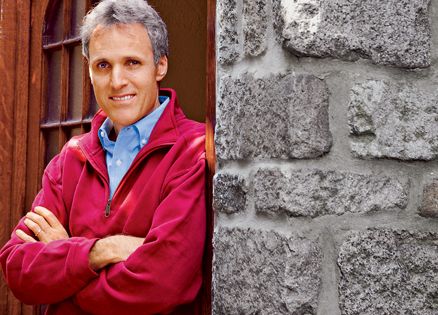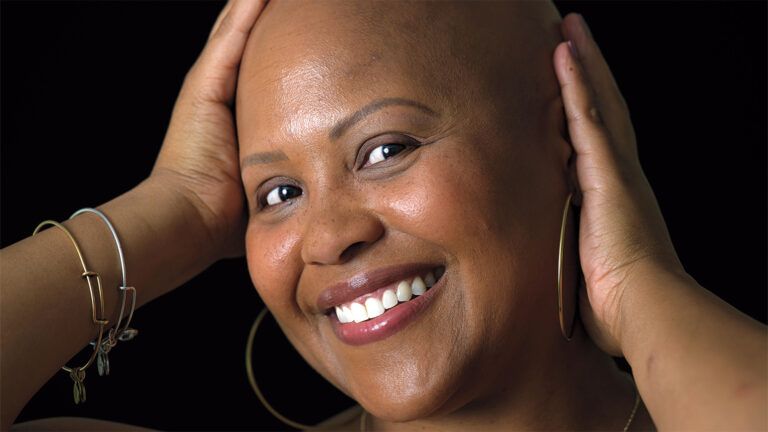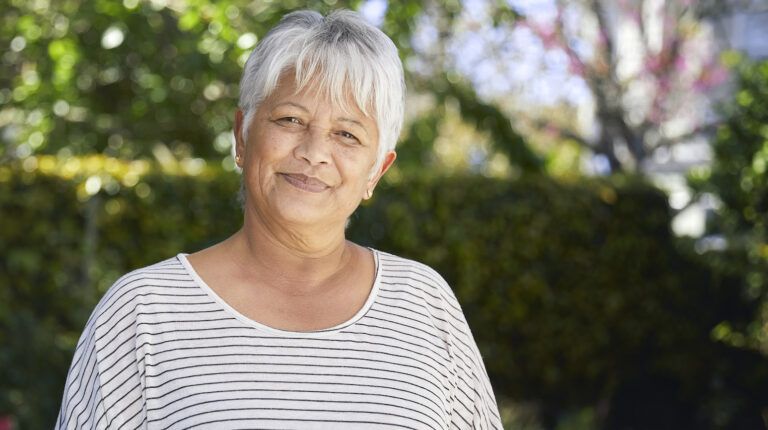The thing that scared me most was the anesthesia. The fear was so overwhelming I couldn’t sleep the night before my surgery. I lay there in my room on the cardiac ward with the lights off, trying not to keep checking the clock on the wall. But I couldn’t help it. Every time I looked, only a minute or two had gone by. It seemed like morning would never come. I could accept that a surgeon would do the repair work my heart needed, but being “put under”? That sounded unsettling, close to being “put down,” what you’d do for a pet that was beyond help. Too close to death.
I’m not normally a fearful person. I feel comfortable with doctors and listen to their medical wisdom with a combination of awe and trust. That my heart had a valve defect was information I’d known for decades. Every year I’d go to my cardiologist, get my heart checked out, sit and chat about exercise and cholesterol levels—neither of which was ever a problem for me. I listened to the doctor explain that there was a weakness in the walls of my aorta and someday this could cause trouble. Someday, in my mind, was far off. People who had heart surgery, well, weren’t they usually…older? Members of the “zipper club” like my father, showing off their chest scars at the swimming pool.
Read More: Rick’s Favorite Bible Verses to Overcome Fear
I always performed well on cardiac stress tests and was confident—perhaps overconfident—of my health. But then I did all those things you’re supposed to do. I ran, went to the gym, ate well, slept well, had regular physicals. And I took care of my spiritual health. I’m active in my church, sing in the choir, teach a rambunctious bunch of kids in Sunday school and make prayer a part of daily life. I trusted the doctors to keep an eye on my body and God to watch out for my soul. It seemed like the perfect division of labor. Until now.
At my last visit with my cardiologist there’d been nothing alarming. Then I had a CT-scan for another doctor—she was worried about a cough I had. On a picture-perfect autumn Saturday, I jogged the 15 blocks from our apartment in upper Manhattan to Columbia Presbyterian Hospital, had the scan and jogged home. I felt great. But a couple days later the doctor called me back. “Your lungs look fine,” she said, “but that aneurysm in your aorta is really big. You’d better talk to your cardiologist about it. Right away.” An aneurysm? I felt a prickle of fear. Didn’t people die from ruptured aneurysms?
My cardiologist saw me right away. He tapped his pencil on his desk and pointed out the aorta in a large model of the heart. “You’ll need to have open-heart surgery,” he said.
The fear came over me like a cold wind. Open-heart surgery would be a huge ordeal. I’d be under anesthesia for hours, lying on a table in the operating room. The idea of it gave me the creeps. A machine would take over for my heart and lungs. I wouldn’t even be breathing on my own. “Isn’t there some less invasive way of doing this?” I asked.
“No,” he said simply.
I headed back to work. On the subway I took out my pocket Bible, a green volume I picked up years ago, now so battered I’d taped it together. I turned to the Psalms as I do every morning on my commute and tried to pray. But nothing would come. The rhythm of the cars careening along the track, the usual background for my spiritual ritual, jarred me and cranked up my fears. All I could think of was being in that operating room, unconscious, cut off from the world, cut off from God.
I called my old college roommate Jim. He and I have prayed each other through tons of situations over the years. We’re godparents to each others’ kids. “It looks like I’m going to have to have open-heart surgery.” I filled him in.
“We’ll keep you in our prayers,” he said before hanging up.
The news that I needed surgery traveled fast. My wife, Carol, e-mailed family and friends and more friends e-mailed back, asking to be put on her list for updates. Her collection of e-mail addresses started to look like a Christmas card list that had gone haywire. We heard from people we hadn’t seen in years, friends from college and high school, parents from our boys’ kindergarten days.
Two days before the operation, we met with my surgeon in his office. Still wearing his scrubs, fresh from surgery, he gave us a PowerPoint presentation on how he’d repair my aorta and replace the defective valve. It was a polished talk, meant to allay my fears. “I do this operation 200 times a year,” he said, “and I’ve never lost a patient.” Of course, that made me think, I could be the first.
“It’s the anesthesia that worries me,” I admitted. “All those hours that I’ll be out of it. It makes me panicky.”
“Talk to the anesthesiologist before surgery,” he said. “The drugs they use these days are very good. There’s no reason to worry.” But to be told a fear is irrational doesn’t make it go away. I couldn’t get out of my head the image of me with a machine pumping my blood and breathing for me, my mind dead to the world.
I checked into the hospital and got prepped for surgery, my chest shaved and marked as though my heart was a bull’s-eye. Carol brought me a big salad for dinner and the nurses were in and out of my room, checking my blood pressure, monitoring my heart. But then they all left.
I lay there in the cardiac ward feeling very much alone, unable to sleep, unable to pray. In my daily meditation I often recite an ancient prayer: “Jesus Christ, have mercy on me. Rescue me and save me. Let thy will be done in my life.” That night I tried saying those words, but I felt no sense of spiritual connection. All I felt was fear.
Carol came by in the morning with a friend who promised to distract both of us. We talked about everything but surgery. All too soon visiting hours were over. Carol kissed me on the forehead and was gone. The nurse came for my things. I took one last look at my Bible and handed it over. Any minute now I’d have to go to the operating room and be put under. I almost didn’t answer the phone when it rang. “Hello,” I said.
“Rick,” came a warm, familiar voice.
“Tibby,” I said. Elizabeth Sherrill and her husband, John, are longtime Guideposts contributors and good friends.
“You are the last person I would ever expect to be in the hospital for heart surgery,” she said.
“That’s what I thought,” I said.
“How are you?” she asked.
“Pretty anxious,” I admitted. “You know, what I really dread is the anesthesia. It’s like being dead.”
“John had the same feeling before his knee surgery,” she said. “He discovered he couldn’t fight it. He had to let go.” Let go. Being out of it during surgery wasn’t something I could control, any more than I could control my fear. But that didn’t mean I was cut off spiritually.
John and Tibby prayed for me, right there on the phone. I didn’t try to pray with them. I let go and let their words do the work for me. No, I couldn’t pray for myself—not right now and not during the surgery—but I could depend on all the people who had promised to pray for me. They would keep me connected to God. Just as a machine would do the work of my heart and lungs, I could trust my friends and family to do the work of my soul.
“Amen,” Tibby and John said. “Amen,” I echoed. The technicians were at the door with a gurney, ready to take me to the operating room. The surgery went very well. It was long—I didn’t wake up in intensive care until 2:30 a.m.—and the recovery was hard, but I felt cared for every step of the way. Not just by doctors and nurses, but also by clergy, my family, friends and colleagues. I felt sustained by their prayers.
A year later I’m in good health again. I run, go to the gym, eat carefully and read a few psalms from my battered Bible every morning. And whenever someone says, “Keep me in your prayers,” I take the request very seriously. Prayer can be hard. Sometimes just trying to pray is enough. And sometimes you have to let go and trust others to do it for you.
Download our FREE prayer ebook.





